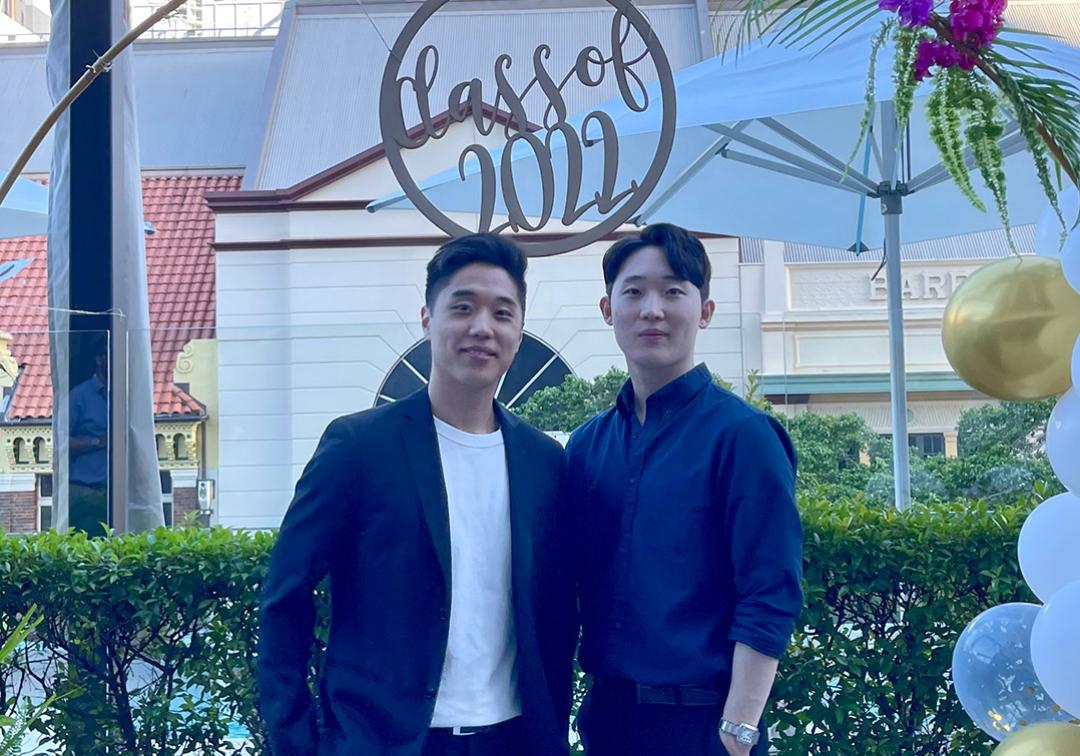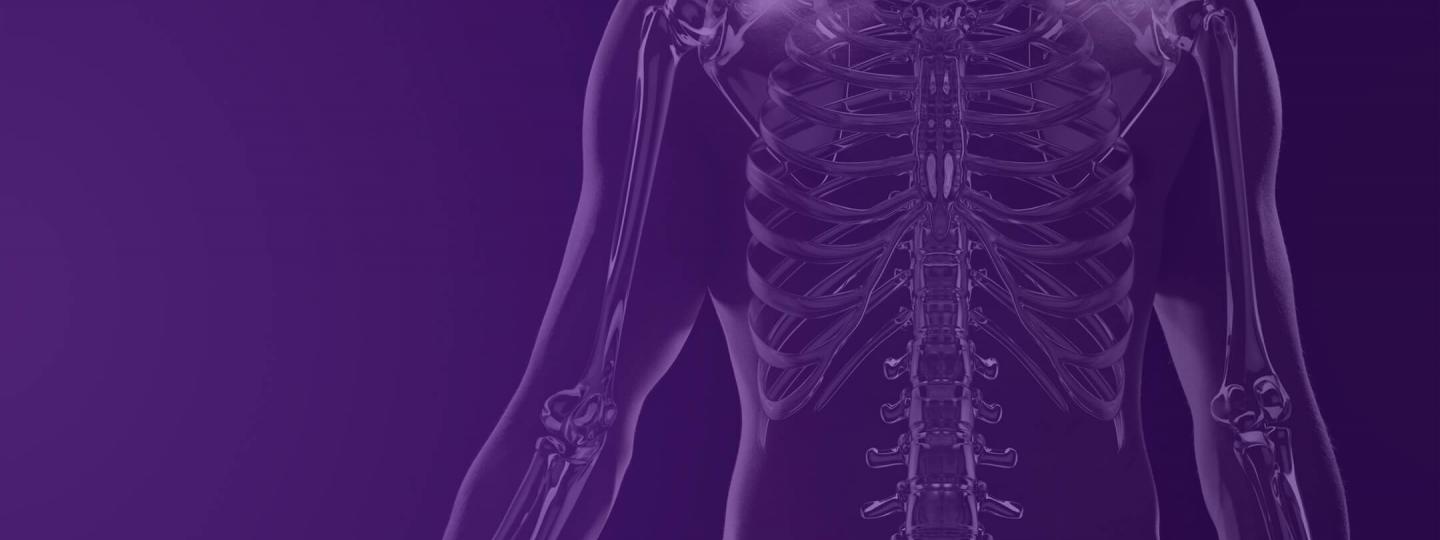
Doctor of Dental Medicine
Overview
The Doctor of Dental Medicine will prepare you for a rewarding career as a qualified dental practitioner to enrich and provide quality oral healthcare within your local community.
This 3.5-year full-time program is a graduate-entry program intended for those with a background in health, allied health, or physical or biological sciences.
The innovative curriculum is designed to condense your studies and provide you with all the training, skills and knowledge to be able to prevent, diagnose and treat oral conditions across a diverse range of oral health conditions.
During your program, you will practice advanced critical thinking and reasoning to develop a research-informed clinical practice.
From your second year, you’ll undertake 2,000 hours of supervised clinical placements to apply your knowledge and broaden your clinical skills in a real setting.
Program highlights
- Graduate as a highly sought-after oral health professional eligible for general registration to practice as a dentist.
- Gain the skills needed to provide patient-centred dental services to the community, including preventive, restorative, prosthodontic and endodontic care.
- Undertake approximately 2,000 hours of supervised clinical placements from your second year to apply your knowledge and broaden your clinical skills.
- Study at the UQ Oral Health Centre, Australia's most advanced tertiary oral health facility, and benefit from smaller cohorts with dedicated specialist educators.
How you'll learn
Your learning experiences are designed to best suit the learning outcomes of the courses you choose.
- Lectures
- Tutorials
- Work placements
- Online study
- Research experience
- Laboratory work
Placements and work experience
What you'll study
At UQ, degrees are called 'programs' and subjects are called 'courses'.
Career possibilities
Postgraduate study can take you anywhere. Here are some of the careers you could be on your way to:
- Dentist
- Clinical dentist
- Clinical academic
- Researcher
- Dento-maxillofacial radiologist
- Endodontist
- Oral medicine specialist
- Orthodontist
- Periodontist
- Prosthodontist
Graduate salary
Dentistry (undergraduate)
compared.edu.au
Next steps after graduation
If you're interested in specialising, the Doctor of Clinical Dentistry provides a recognised pathway for specialist training in:
- dento-maxillofacial radiology
- endodontics
- periodontics
- prosthodontics
- oral medicine
- orthodontics
- special needs dentistry.
Professional memberships
When you graduate, you may be eligible for memberships with the following professional organisations. Contact the organisation to find out how to become a member.
- Australian Dental Association
- Royal Australasian College of Dental Surgeons
Professional registration
When you graduate, you may be eligible for registration with the following professional organisations. Contact the organisation to find out how to register.
- Dental Board Of Australia
Program accreditation
The Doctor of Dental Medicine is accredited by:
- Australian Dental Council
Events
See all events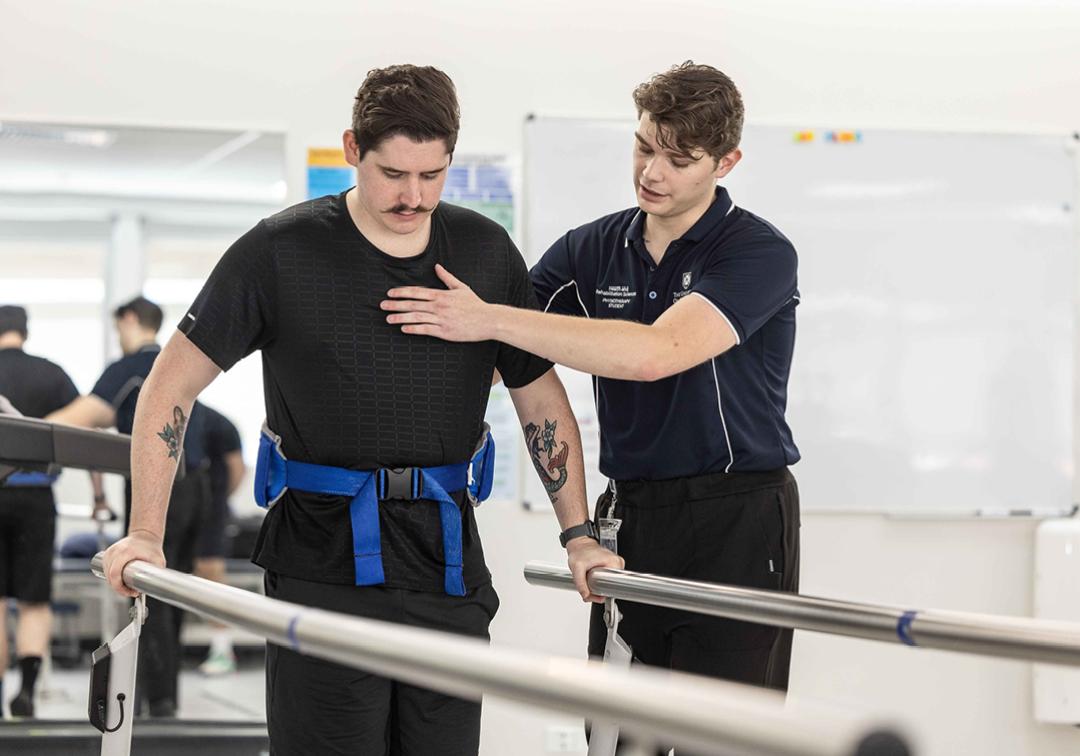
9 June
Master of Physiotherapy information webinar
Stories
See all stories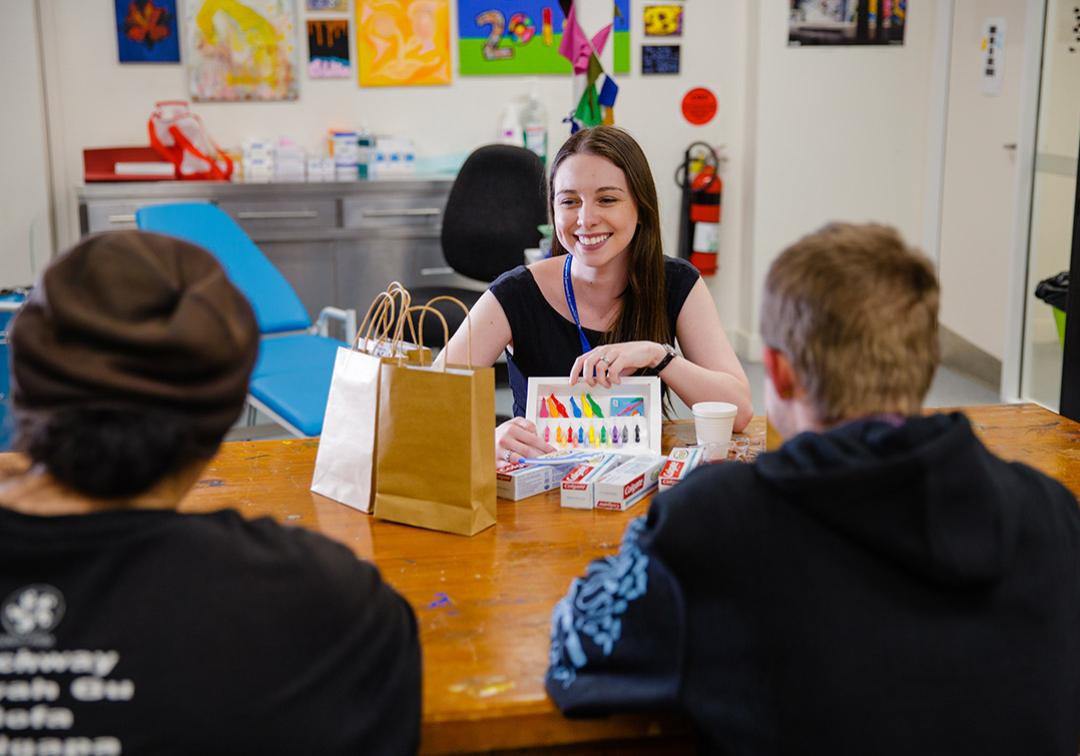
UQ people
Meet the expert: exploring dentistry with Nicole Stormon
3-minute read
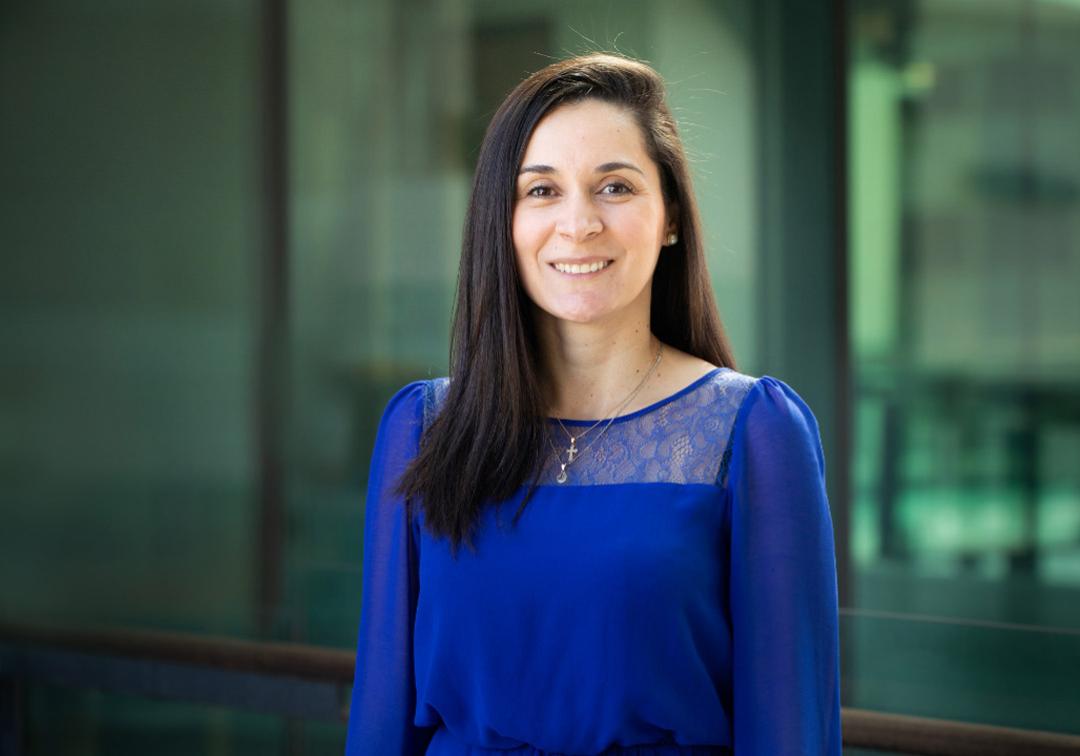
UQ people
Special needs dentistry: insights from Dr Claudia Lopez Silva
4-minute read
Stories
See all stories
UQ people
Meet the expert: exploring dentistry with Nicole Stormon
3-minute read

UQ people
Special needs dentistry: insights from Dr Claudia Lopez Silva
4-minute read
Entry requirements
Entry requirements
To be eligible for entry, you'll need:
- A bachelor's degree (or equivalent) in health, allied health, physical sciences or biological sciences, and
- To have successfully completed university-level study in human anatomy and human physiology or cellular physiology, within the 10 years prior to program commencement, and
- To have completed the GAMSAT within 4 years prior to the year of commencement, with a minimum score of 50 in each section
- Completion of a situational judgment test (SJT) in the year of application.
You must have a grade point average (GPA) of 5.0 on a 7-point scale in your previous qualification.If your bachelor's degree was completed more than 10 years prior to program commencement, you must have completed either a postgraduate qualification or 4 courses of university-level study (in addition to the university-level subject prerequisites listed above) within 10 years prior to program commencement.Applicants who identify as Aboriginal and/or Torres Strait Islander who meet the minimum entry requirements for this program will be offered a place. On admission to the program, you will need to provide evidence of your Aboriginal and/or Torres Strait Islander status.
- A bachelor's degree (or equivalent) in health, allied health, physical sciences or biological sciences, and
- To have successfully completed university-level study in human anatomy and human physiology or cellular physiology, within the 10 years prior to program commencement, and
- To have completed the GAMSAT within 4 years prior to the year of commencement, with a minimum score of 50 in each section
- Completion of a situational judgment test (SJT) in the year of application.
You must have a grade point average (GPA) of 5.0 on a 7-point scale in your previous qualification.If your bachelor's degree was completed more than 10 years prior to program commencement, you must have completed either a postgraduate qualification or 4 courses of university-level study (in addition to the university-level subject prerequisites listed above) within 10 years prior to program commencement.Applicants who identify as Aboriginal and/or Torres Strait Islander who meet the minimum entry requirements for this program will be offered a place. On admission to the program, you will need to provide evidence of your Aboriginal and/or Torres Strait Islander status.
Inherent requirements
To complete this degree, you have to meet its inherent requirements by demonstrating essential skills and attributes. Read the inherent requirements before you apply.
Student visas
This program does not meet the eligibility requirements for an Australian Student visa (subclass 500).
To study this program in Australia you will need a temporary visa or residency status with study entitlement. Some programs can also be studied from outside Australia.
Need help meeting the entry requirements?
Additional application information
Fees and Scholarships
Indicative annual fee
Approximate yearly cost of full-time tuition (16 units). This program has a different study load so actual fees may be higher or lower. Check the courses and program structure for more details. Fees are reviewed each year and may increase.
$80,064
2026
Additional costs
- Additional practice teeth can be purchased at the student's discretion
- Annual CPR re-certification (approximately $80 per year)
- Dental instruments and equipment including models (approximately $1500).
- Students are expected to fund travel and living expenses associated with placements, some of which may be outside the Brisbane metropolitan area.
- First Aid Certificate (including CPR) (approximately $130 renewed every 3 years)
- Lab coat (approx. $50)
- Laptop computer (value at student's discretion)
- Models may be provided for use during assessments. A charge will be incurred if not returned in working condition (approximately $320 per set or $160 for an upper or lower).
- Phantom head masks are provided, however a charge will be incurred if not returned in working condition (approximately $200)
- Purchase of minimum number of teeth for compulsory pre-clinical learning activities (approximately $50 - $400 per year)
- Safety glasses (approximately $25)
- Costs for vaccinations and serology are the responsibility of the student and will vary based on individual and program requirements.
Government assistance
Financial aid
As an international student, you might be eligible for financial aid – either from your home country, or from the Australian Government.
FEE-HELP
Domestic students who are accepted into the Doctor of Dental Medicine pay tuition fees.
FEE-HELP is an Australian Government loan scheme to assist eligible students with the cost of their tuition fees.
Centrelink support
The Australian Government has approved this master's program for income support payments to be made to eligible students.
Scholarships
You may be eligible for more than 100 scholarships, including:
How to apply
Applying online
All international applications should be submitted to UQ. The program code for the Doctor of Dental Medicine is 5763.
International students who want to study this program will not be eligible for a Student Visa (subclass 500).
To study this program in Australia, you will need an Australian visa or residency status with sufficient study entitlement. Some programs can also be studied from outside Australia.
Applying online
All domestic applications should be submitted to UQ.
The program code for the Doctor of Dental Medicine is 5763.
Important dates
The closing date for this program is:
Visa processing times vary. Apply and accept your offer as early as you can.
To learn more about UQ dates, including semester start dates, view the Academic Calendar.
Important dates
The closing date for this program is:
- To commence study in Summer - September 30 of the year before class commencement
To learn more about UQ dates, including semester start dates, view the Academic Calendar.
Aboriginal and Torres Strait Islander applicants
For support with applying – or if you have any questions about university life – get in touch with our Aboriginal and Torres Strait Islander Studies (ATSIS) Unit.
Explore other programs
Express yourself. And your interest.
They say choosing a degree is hard, which is why we've made it easy. Register your interest and we'll send you everything you need to know about applying to UQ.









